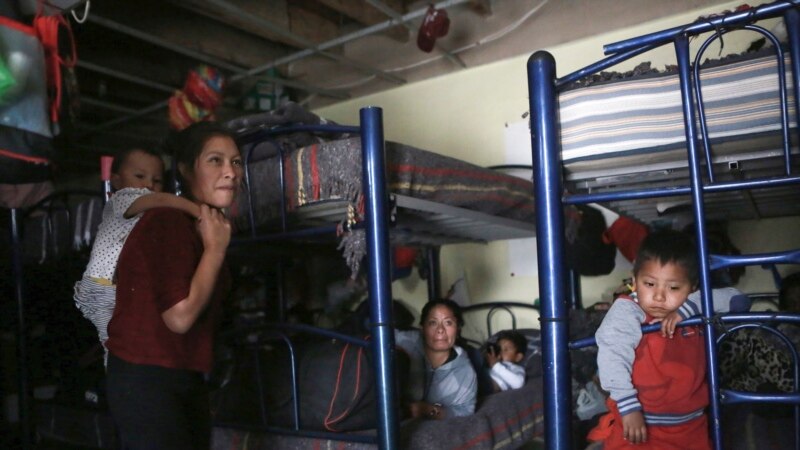
The United States, Spain and Canada announced on Wednesday a trilateral agreement to “promote a safe, orderly, humane and regular migration” of people in Latin America, through the opening of opportunities for regulated displacement in the three countries.
The trilateral declaration comes amid the US government’s preparations for the end of Title 42 on May 11, when they anticipate that the flow of migrants to the southwest border could increase dramatically.
The three countries committed, among other things, to “promote regular labor migration opportunities, including through ‘circular’ or temporary labor mobility; strengthen the capacity of national governments to fairly and ethically recruit, screen and support eligible workers for employment abroad”, according to the communication released by the US Department of Homeland Security (DHS). ).
The US government announced in recent days its intention to open migrant processing centers in the region, beginning with Colombia and Guatemala, to carry out the initial evaluation of people. The DHS assured that Spain and Canada had expressed their interest in accepting referrals from processing centers so that migrants can also access their immigration programs.
In the commitment formalized on Wednesday, it was detailed that Canada “will take advantage of its existing pathways for temporary foreign workers and its economic programs” to offer alternatives to irregular migration. In addition, it will “explore other humanitarian pathways” so that “skilled” refugees and other displaced persons can immigrate to Canada through economic pathways.
Spain, for its part, promised to increase the number of people from Latin America that it will receive in the next three years through channels linked to the needs of the labor market.
The country assured that it will “strengthen the existing regular routes” of migration, and said it will expand its circular migration program, relying on corporate sponsors for people who need international protection and have skills that match the shortage of national labor demand.
Finally, in the trilateral agreement, the US assured that it would increase the issuance of H-2 visas for Central Americans, these are temporary work permits that are divided between agricultural and non-agricultural.
In addition, it will seek to invest $65 million in a pilot grant program for agricultural employers “to address job instability and labor shortages by expanding the pool of H-2A workers in northern Central America.”
Connect with the Voice of America! Subscribe to our channel Youtube and activate notifications, or follow us on social networks: Facebook, Twitter and Instagram.













